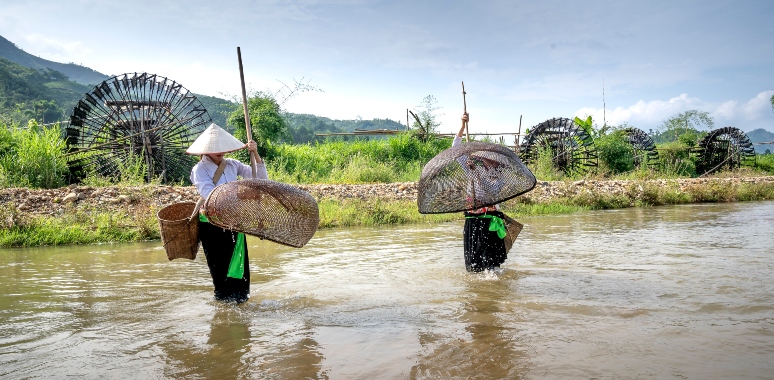As part of the 2030 Agenda for Sustainable Development, adopted by all UN Member States in 2015, countries have committed to “implement, by 2030, integrated water resources management at all levels, including through transboundary cooperation as appropriate” (SDG target 6.5). In line with the indivisible nature of the SDGs, achieving SDG 6.5.1 requires that attention be paid to gender mainstreaming, in line with SDG 5 on gender equality and empowering all women and girls. Progress on SDG 6.5.1 is monitored by the UN Environment Programme (UNEP) through a survey instrument, which all UN member states are invited to fill in approximately every three years, starting in 2017. The SDG 6.5.1 survey contains a gender-related question on the inclusion of gender in laws/plans or similar in water resource management (WRM) (Question 2.2d). Results of the 2017 baseline survey on SDG 6.5.1 showed that gender-related aspects were among the least advanced among all aspects of IWRM. The 2020 country responses to the gender-related question showed that the global average score for the gender-related question had risen from 45 out of 100 in 2017 to 54 by 2020, revealing definite progress, although clearly much more needs to be done.
Advancing towards gender mainstreaming in water resources management
In 2020-21, the SDG 6 IWRM Support Programme carried out a study in order to understand the bottlenecks to acceleration on this topic, as well as showcasing and disseminating a range of practices that have been implemented around the world, highlighting common gaps, challenges and constraints, and key enabling factors, and providing recommendations on how to strengthen current practices.
The findings are published in a report and were presented in a Learning exchange event.



